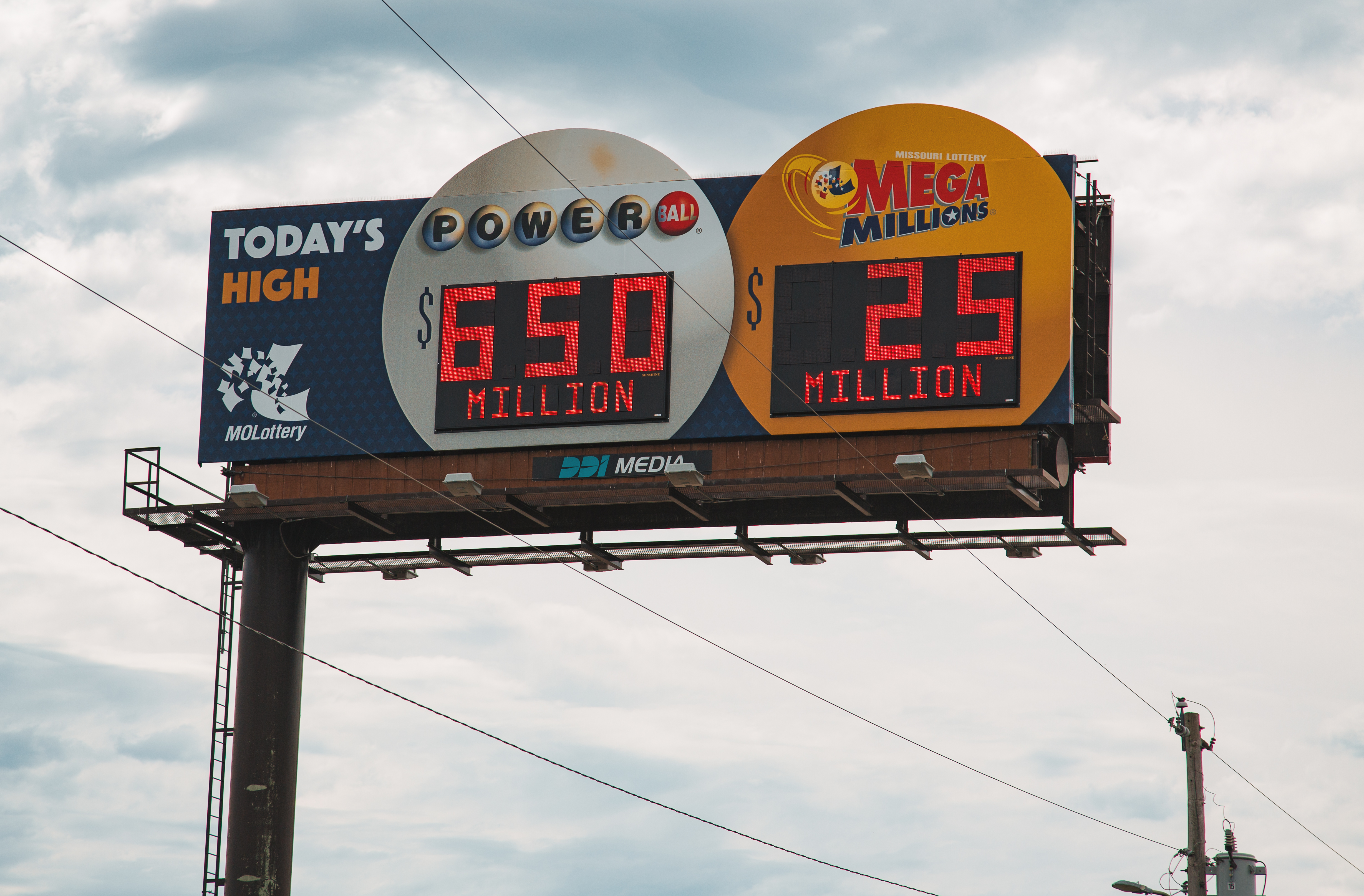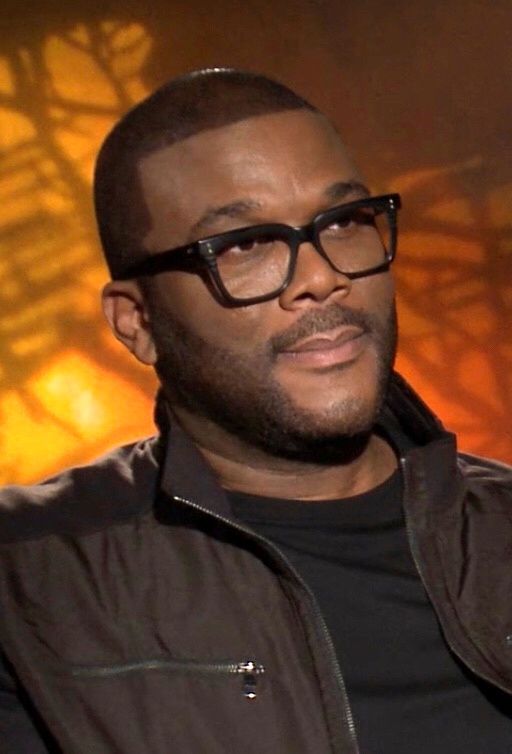
Lottery games surely get people to dream big. Those massive jackpots seem like imaginary money. Powerball prizes got huge, reaching past billion mark. Mega Millions also had winner prize quite large. Everyone pictures great things they might do with riches. Maybe buy homes or even help other persons greatly. Wishing is fun, however can anyone truly guarantee winning?
A talked-about plan exists when jackpots grow large. It says buy all possible number sets. Then you must hold the winning ticket for sure. This idea sounds simple when first hearing it. Covering every number appears logical for big lotteries. It feels like a daring move to attempt this.
Let’s see how Mega Millions game works. Five numbers come from seventy total balls inside a drum. One bonus ball comes from twenty-five separate balls. Hitting jackpot needs you to match all six numbers drawn. Counting combinations shows you the huge scale. You figure first five and multiply by the bonus ball amount.

First five numbers from seventy balls give millions combinations. Multiplying that by twenty-five bonus balls reveals total. You need over three hundred million different tickets needed. That’s the staggering quantity covering all outcomes. Simply thinking about number starts showing challenge.
Next consider how much money this costs. Each Mega Millions ticket costs just two dollars. Total needed tickets multiplies by two dollars per ticket. Buying every combination costs staggering six hundred million dollars. That number seems truly mind-boggling investment amount. This huge upfront spending exceeds most personal dreams.
Looking first, this spending might look profitable idea. Jackpot payout of cash exceeds cost of tickets. Holding all tickets guarantees winning top prize amount. You also win smaller fixed prizes from all combinations. These fixed prizes might add up about seventy-five million. Total winnings reach near seven hundred eighty million dollars. That looks like good business plan on paper anyway.
Some say this estimate is even too low. Spending lot money increases jackpot pool value. Your final potential winnings could end up higher. This makes the idea seem very tempting financially. It moves from pure dream to a complex financial move.
:max_bytes(150000):strip_icc():focal(999x305:1001x307)/mega-millions-2000-83256edc8d274e71b68c7bec0c7f0f0d.jpg)
Wait just minute before getting excited. Idea sounds simple: spend, buy, profit happen. But doing it presents huge problems nobody expects. First issue isn’t just having all money needed. The real hurdle is buying three hundred million tickets. You also must fill out each ticket correct way.
Consider the total scale involved here. You need more than three hundred million specific tickets. Using computer quick picks won’t work for sure. Need to get tickets covering every number set methodically. Means filling out bubbles by hand on tickets. Maybe controlled printing process could be used.
Example calculation shows challenge for one person. Filling each ticket quickly takes nearly three hundred years. This task spans many lifetimes for one human. A single person cannot do this before drawing time. Logistics just for marking tickets seems overwhelming task.

Doing this needs large coordination and lots of people helping. A big company could theoretically have enough workers ready. Imagine employees filling over thousand tickets each. Doing this might take them ten hours daily for three days. Sounds difficult but maybe possible for huge organization. It would certainly be quite a grueling job assigned.
Maybe a big group online could try this task. Like a huge lottery pool scaled up hugely. Several million people connected over internet might combine efforts. This kind of group could theoretically manage necessary physical work.
However group faces big practical problems doing this. Coordinating millions of members is incredibly daunting project. Ensuring every assigned number is bought correctly gets hard. Then dividing any winnings fairly is very difficult. Legal and practical issues surely exist everywhere.

Logistical hurdle isn’t just filling tickets by hand. Getting tickets is also part of the issue. Need buying over three hundred million from stores. Can’t get all from one single store location. Coordinate purchases thousands of locations needed here. Manage physical paper tickets huge volume.
Remember Texas example mentioned earlier about tickets. One person tried buying nearly all twenty-six million combinations there. It caused big spike in lottery sales noticed by state. Trying three hundred million Mega Millions tickets gets attention. Officials notice unusual buying patterns occur. Needed infrastructure like terminals and paper is substantial too.
So theoretical profit looks good, however big problem exists. First hurdle is hard physical and logistical work involved. Getting all tickets within drawing short timeframe is issue. This requires coordination and effort beyond just six hundred million dollars. Mistakes in covering numbers could happen too. Logistical nightmare the first real undeniable issue here.

Big cost barrier seems almost secondary matter. Six hundred million dollars is only for very rich group. Even wealthy find using workers for tickets strange business. Not a good use of large company resources perhaps. Logistical hurdle involves practicality using people too. Task needs specific skills not just hands helping.
To sum up this first obstacle problem clearly. Big jackpots make buying all tickets sound good idea. But actual buying process is completely mind-boggling hard to do. Requires over six hundred million money just to start doing it. Real challenge is getting three hundred million tickets made requiring great coordination. Money cannot simply solve issues needing time effort. This huge hurdle is first crack in guaranteed win plan.
Getting all the lottery tickets took lots of effort. The money problems can turn a win into a loss easily. This theory of buying numbers relies on the prize being big. Winnings looked higher than what tickets did cost. But this math works only if just you wins.
Now think about the bigger problem. It is risk sharing the big jackpot. Small fixed prizes totaling $75 million is certain. Most profit comes from the massive main jackpot itself. If other players pick same combination as you did. That big prize gets split among all winners.

Consider the bad result from splitting the prize. If jackpot splits two ways, money halves. Your group gets only about $354 million. Add the $75 million fixed prizes you get. Your total winnings drop to $429 million now. This is a big loss over $176 million total. Splitting three ways would be even worse a financial blow.
How likely is it you share this money? That depends on other tickets sold for drawing. More tickets bought means higher chance someone else matches. Data from past drawings provide insight here. Over 280 million tickets sold before one recent draw.
Assuming random picks from them players. With our many tickets against their numbers. The chance being the only winner is only about 40 percent. This means 60 percent chance another player would pick winning numbers. So we must share the jackpot money.

When the main jackpot reaches very high amounts. Exceeding billion dollars like recently seen. Even more players are drawn into this game. Increased interest means significantly more tickets get sell. Higher sales decrease the chance your set holds only ticket. Splitting prize with other winners becomes much higher risk now. This turns theoretical profit into a likely loss.
Besides random players, there is another risk factor. Maybe someone else also attempts same buying strategy. Another wealthy group or organization could try this. Getting the money and tickets is hard work. But it is possible for large banks for example.
This creates fascinating high-stakes situation akin to game Chicken. Two drivers speed towards each other in car. First one swerving is losing the game. One who drives straight will be winning. If both swerve, it is a draw result. If neither swerves there is a terrible collision.
Two entities buying every combination are the drivers. If only one finishes task, they get full prize money. If multiple groups buy all tickets simultaneously. They collide financially and split the jackpot for sure. Just like drivers, a group evaluates this competitor risk.
Related posts:
One way to guarantee you’ll win the Powerball jackpot
Texas Lottery Commission Supports Scandal
Buying enough Mega Millions tickets to cover every possible combination sounds like a surefire way to win — but there are 3 major problems with that plan




